Since 2010 our UXalliance partners have hosted 22 UX Masterclasses in partner countries around the world. UXAlliance members come together with local and international experts to share their knowledge and experience on topics they are passionate about, and meet local user research communities. Each year the them reflects pressing local and global issues in user experience research and design.
%20(1).jpg)
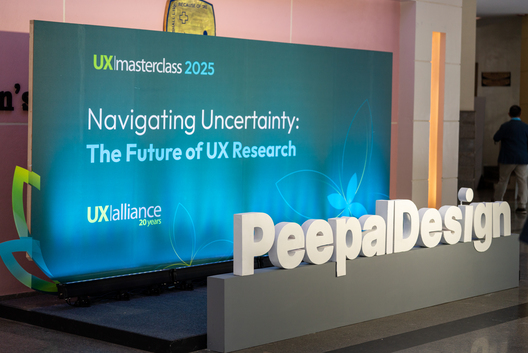
The 22st UX Masterclass was hosted by UXalliance partner PeepalDesign in Bengaluru, India in 2025. The conference also marked a special milestone for the UXalliance, as we celebrated our 20th anniversary since our founding in 2005. Over the past two decades, the UXalliance has grown into a strong, global network of UX experts, committed to delivering exceptional user experiences worldwide.
Find out more >The theme for the 2024 21st edition of the UX Masterclass, "Shaping Tomorrow's Experiences: UX in the Era of Evolving Customers," was a fabulous way to explore the future of user experience. Attended by over 130 in-person participants in Dubai, UAE, this event marked the FIRST ever UX conference in the city. It brought together global experts to discuss the evolving landscape of customer expectations and how UX design will shape the experiences of tomorrow.
🗓️ 1 Day - A jam-packed schedule featuring inspiring keynotes, interactive workshops
🎤 17 Sessions - exciting sessions covering the latest in tech and creativity
🌍 18 Speakers - World-class UX professionals shaping the future of User Experience
%20(1).jpg)
%20copia%202.jpg)
We concluded the UX Masterclass with a panel discussion in which global thought leaders Shared their perspectives. The diverse panel of UX experts from around the world delved into the complexities of global research, covering:
1) Managing International Studies
2) Navigating Local Fieldwork
3) Language and Cultural Considerations
4) Effective Recruitment Strategies
Gavin Lew from Bold Insight
KEY TAKEAWAYS
1) Accessibility needs touch more audiences than you realize, which means more users of your products, so a11y research is critical to better design
2) As we live longer, better universal design will help us all
3) Products are no longer bespoke experiences, they are omni-channel or part of ecosystems, so understanding the end-to-end experience opens the door to consider making products more accessible
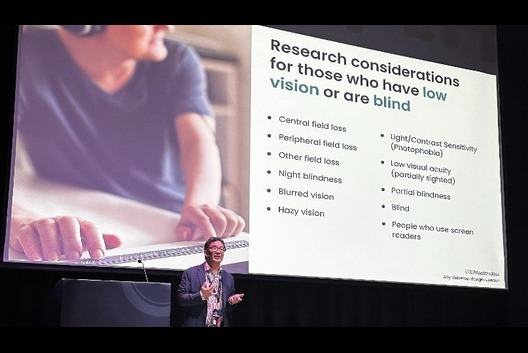
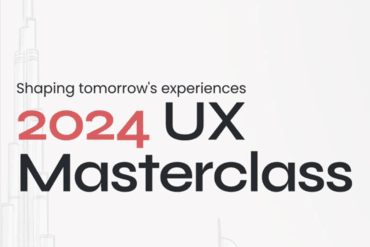

%20(1)%20(2).png)

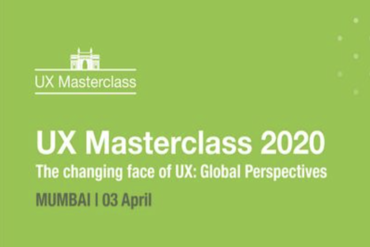


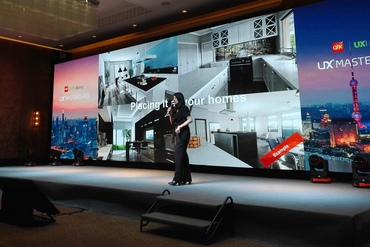

.jpg)
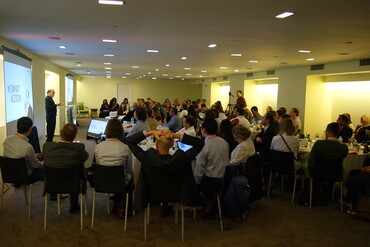
%20(1).jpg)
.jpg)
.jpg)
.jpg)
.jpg)
%20(1).jpg)
.jpg)
.png)
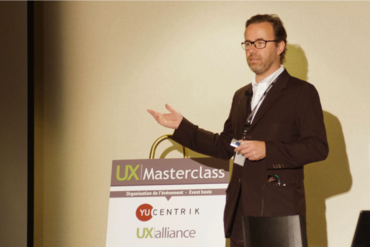
.jpg)